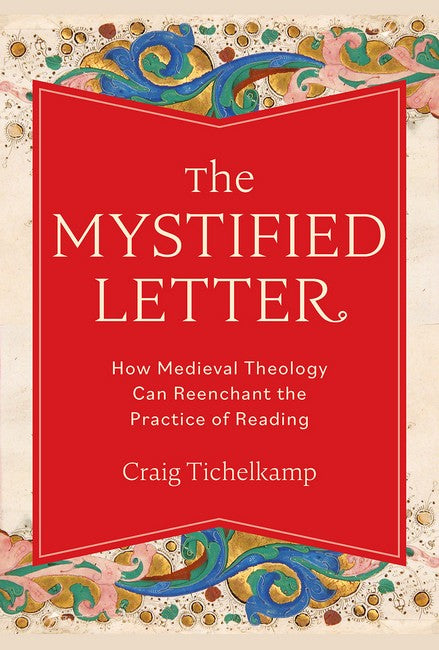Reading has become a problem--not just of attention, comprehension, or growing rates of illiteracy, but of politics, society, and religion. The questions of how and what to read are not just matters of taste. Answers are often indicative of one's entire view of culture, church, and the cosmos, as well as the impasses of religion, reason, and moral vision. As a result, reading has become?divisive and uninspiring.?Reading has become a drag. The Mystified Letter offers?a hopeful alternative to this malaise--a?theology of reading?centered on mystical encounter. It retrieves medieval Christian reading culture to build a constructive case for a?mystical theology of literature.?? The?mystification?of literature in twelfth- and thirteenth-century monasteries and schools involved rhetorical, aesthetic, liturgical, and theological strategies that invested reading with a sense of ineffability and unintelligibility, wonder and awe, a disposition that applied not only to sacred but even secular literature. The Mystified Letter explores how litera (a Latin term meaning both "the letter" and "literature"?itself) came to be a site of the sacred. By showing how medieval theologians, especially the Victorine monks of Paris, came to see the letter as a vehicle for encounter with the unknowable, unspeakable, and illegible?God, The Mystified Letter shows how the practice of mystical reading can treat some of the spiritual ailments affecting both the?church and?the academy, and explores how we can foster reading cultures around the mystified letter today.

